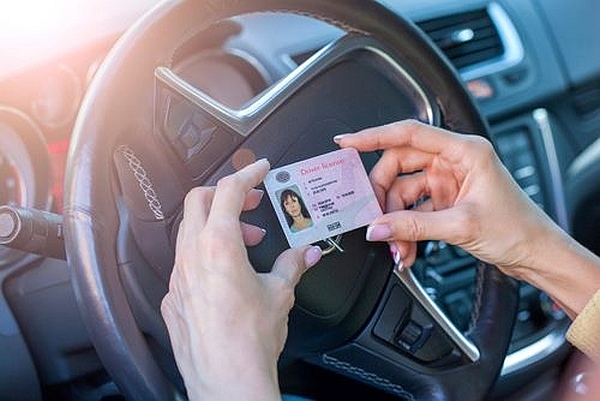While some states have different DUI and DWI charges, North Carolina does not. The legal term for impaired driving in North Carolina is DWI (driving while intoxicated), but you’ve probably heard people refer to the crime as a DUI (driving under the influence) too.
If you’re facing a DWI charge, it’s crucial to work with an experienced Asheville DUI lawyer who can protect your rights.
What Is a DWI?
In North Carolina, a DWI (Driving While Intoxicated) charge applies to drivers who are caught operating a vehicle with any amount of drugs or alcohol in their system that impairs their ability to drive safely.
Even prescription medications or over-the-counter drugs can result in a DWI charge if they impair your ability to drive safely. The bottom line is if any substance has negatively impacted your driving skills and judgment, it doesn’t matter whether it’s legal or illegal – you’re still at risk for being charged with a DUI.
To determine whether someone is impaired, police officers may conduct field sobriety tests and request breathalyzer or blood tests.
Can You Be Charged With DWI If Your BAC Level Is Below the Legal Limit?
In North Carolina, if you are operating a vehicle with a blood alcohol concentration (BAC) of .08% or higher, you can be charged with DWI. However, it’s important to note that even if your BAC level is below the legal limit, you can still face charges for DWI.
This is because North Carolina has a “zero tolerance” policy when it comes to driving under the influence of drugs or alcohol. If an officer determines that your ability to operate a vehicle is impaired by any amount of drugs or alcohol, including prescription medications and over-the-counter drugs, they may charge you with DWI.
It’s also worth noting that refusing to take a breathalyzer test can result in automatic suspension of your driver’s license and additional penalties. Even without evidence from a BAC test, officers may rely on other factors such as field sobriety tests and observations made during the traffic stop to support their case against you.
It’s always best to err on the side of caution when it comes to drinking and driving. The consequences of being charged with DWI can be severe regardless of your BAC level at the time of arrest.
Penalties for DWI in North Carolina
In North Carolina, driving while impaired is a serious offense. A first-time offender could face anywhere from one day to three years behind bars. Penalties can be more severe if a driver has been convicted of DUI before or if there are aggravating factors.
With a BAC level below 0.08%, drivers may face fines of up to $100 for their first offense and higher amounts for subsequent offenses. If a driver’s BAC is 0.08% or above, they can face fines ranging from $200 to $10,000 depending on prior convictions and aggravating factors like property damage or injury caused during the incident.
Additionally, you can face a license suspension period starting at 30 days but potentially lasting up to four years depending on previous convictions and other circumstances surrounding the case.
You Can Face Jail Time and License Suspension for DWI
Getting charged with DWI in North Carolina can result in severe consequences. Even if your blood alcohol concentration (BAC) level is below the legal limit, you can still face significant fines and penalties.
Depending on the severity of your case and any prior convictions, you could be facing anywhere from a few days to several years behind bars.
In addition to jail time, you may also face license suspension. This means that you will not be able to legally drive for a certain period. The length of your license suspension will depend on various factors such as your BAC level at the time of arrest and any previous criminal record.
It’s essential to note that even after serving jail time and having your license reinstated, it doesn’t mean that everything goes back to normal immediately. A criminal record can impact employment opportunities, housing options, credit score, and life insurance rates among other things.
This is why it’s crucial to consult with an experienced Asheville DUI lawyer who understands how these charges work and how best to fight them.
Let an Experienced Asheville DUI Lawyer Protect Your Legal Rights!
Navigating the legal system can be overwhelming, especially when it comes to DWI charges. If you’re facing a DWI charge in North Carolina, it’s essential to seek the guidance of an experienced Asheville DUI lawyer.
Don’t leave your future to chance. Contact a skilled Asheville DUI lawyer today! With our expertise, you’ll have a better chance of minimizing penalties, avoiding jail time, and keeping your driver’s license. Call us at 828-702-8743 to schedule a free case review!





